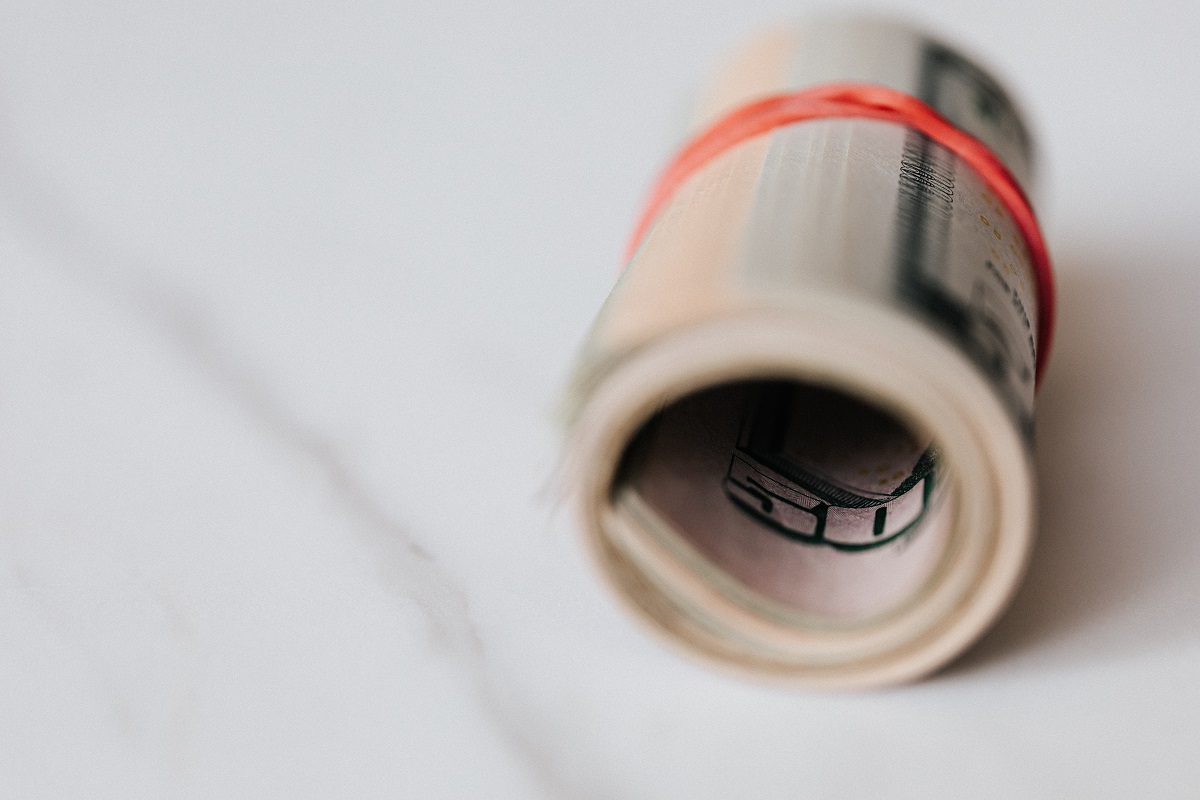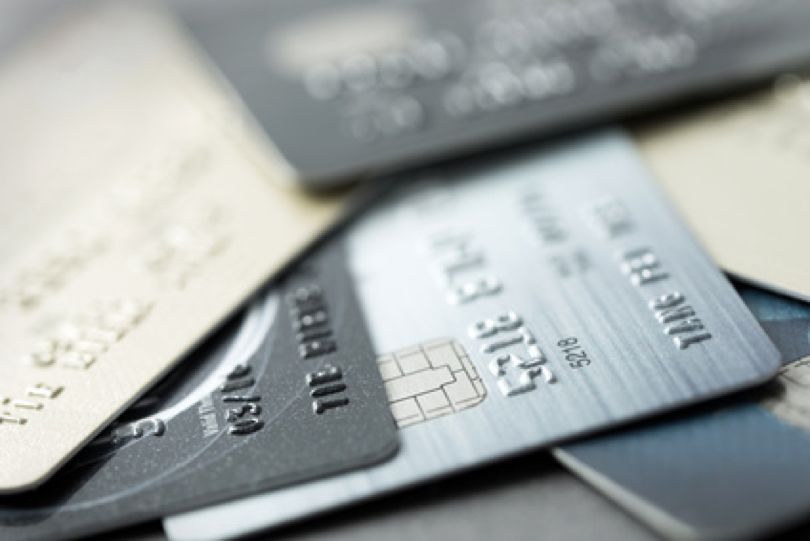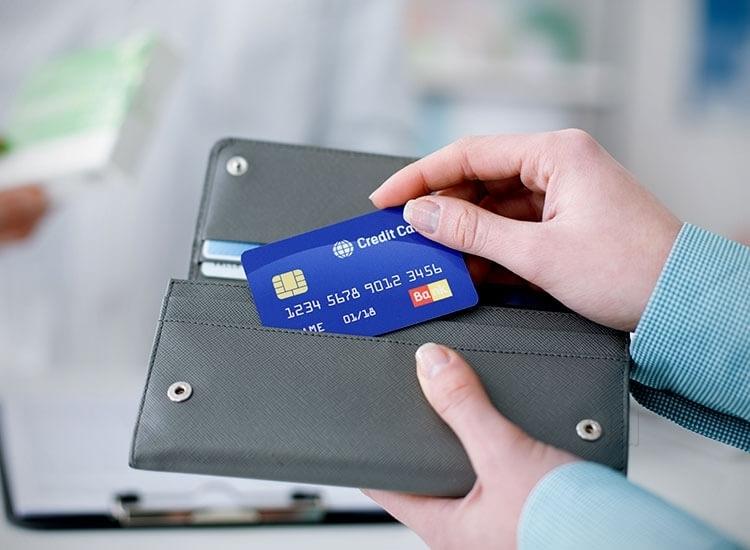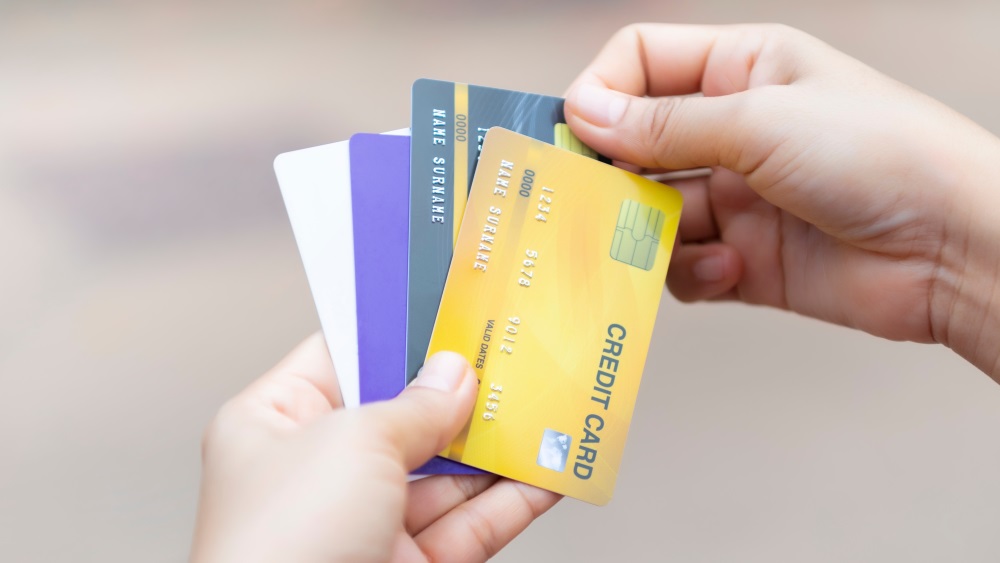Tips To Build Your Emergency Fund For A Secured Future

There is no way to forecast the future with certainty. Thus, it is typical to prepare for the worst, especially in times of global economic instability. The pandemic has thought us valuable lessons about uncertainty, financial impacts, and the need to be prepared at all times.
Often, many think that being prepared means having a small amount of savings in their bank account that can be used whenever the budget is bust. This cannot be further than the truth.
Everyone is urged to save money for emergencies, which seems particularly more important in light of the current economic downturn caused by the pandemic.
Isn’t My Savings Considered An Emergency Fund?
People frequently confuse savings and emergency reserves, although these two are actually quite different.
Savings are the funds that you may spend for vacation, self-pampering products, gifts for loved ones, and other expenses you want to pay for. Whereas emergency funds are set aside to cover unexpected bills in case you lose your job or face any other emergencies that will affect your earnings.
To be more explicit, an emergency fund is needed in the least anticipated situations. The fund has to be available fast within a realistic time frame. Therefore, an emergency fund should be reasonably liquid, so that you have access to it at a moment’s notice.
While you may dip into your savings regularly, you can’t dip into your emergency fund whenever you fancy a vacation.
How Is An Emergency Fund Essential To Me?

If you are only depending on 1 source of income, then you will certainly need to start an emergency fund. Not to mention that losing a job can be difficult, even more, when you have dependents, mortgage, car loans, and other commitments. Owning a substantial fund secures your future even when life throws you under the bus unexpectedly.
Another factor to consider is the possibility of medical expenses exceeding your funds. The cost of treating critical illness, injuries, and permanent disability may take up more than your insurance coverage. Bear in mind that, the follow-ups with the doctors will not be covered by most insurance companies.
Then comes house expenses. Home repairs are costly. The leaking roof and the damaged wiring do not come with a warning. Likewise, your vehicle is not going to alert you when there is a major fix required.
Your emergency fund is the lifeline in difficult circumstances that are potentially stressful. Essentially, this fund comes as your saviour to sustain life while you gradually recover from a difficult circumstance.
How Can I Build My Emergency Fund?

Here are some suggestions to get your emergency fund started.
- Keep an eye on your budget
Do not bite off more than you can chew. Emergency funds are important, but that does not mean you need to segregate a big chunk from your pay.
Take a good look at your budget to see how much you can allocate to the backup fund. Ration it wisely so the fraction of the missing fund from your pay does not affect your living.
Build a routine that takes into account your financial needs. You can start by keeping aside a small amount of money every month. As and when you feel comfortable, just increase the amount you allocate for your emergency fund gradually.
- Earnings from a side job to save the day
In testing times during the pandemic, some might be having pay cuts that affect the quality of living, more so if you have debts to pay.
If your budget is near busting or if you find yourself contemplating dipping into your savings more often than not, it is time to look for other sources of income to fund your emergency needs.
There are many easy and legit ways to earn money online. Sign up for online surveys, start a freelance business, sell stock photos, or register for affiliate marketing. Most online businesses can be done from home and do not require you to spend money for commute or work clothes.
- Keep the fund separate from savings
If putting money aside for an emergency fund is one thing, resisting the impulse to utilise it for other purposes is another. It is difficult to avoid spending a large sum of money while it is sitting idle right under your nose.
One way to go about this is to place your emergency savings in a separate savings account to avoid depleting your emergency fund. If you keep all of your savings, emergency funds, and wages in one account, it is easy to lose track of your spending.
Try not to keep the emergency fund debit card at the front of your wallet. When you see it less often, you will be less tempted. Consequently, your emergency fund will grow untouched, and it will only be used when you desperately need it.
- Set monthly auto deposits
Upon reviewing your budget, you can set a specific amount to be auto-debited into your emergency fund account.
Similar to paying your phone bills or internet services every month, you can set the auto deduction through online banking. Treating the emergency fund as a part of your bills or commitments. Prioritise the safety of your future self at all times.
Make A Start On Your Emergency Fund Right Now
Build and improve your emergency fund with these simple tips to live a stable, calm, and joyful life. Initiate good financial habits today to guarantee you a secured future. Make the right financial decisions that your future self will thank you for.



